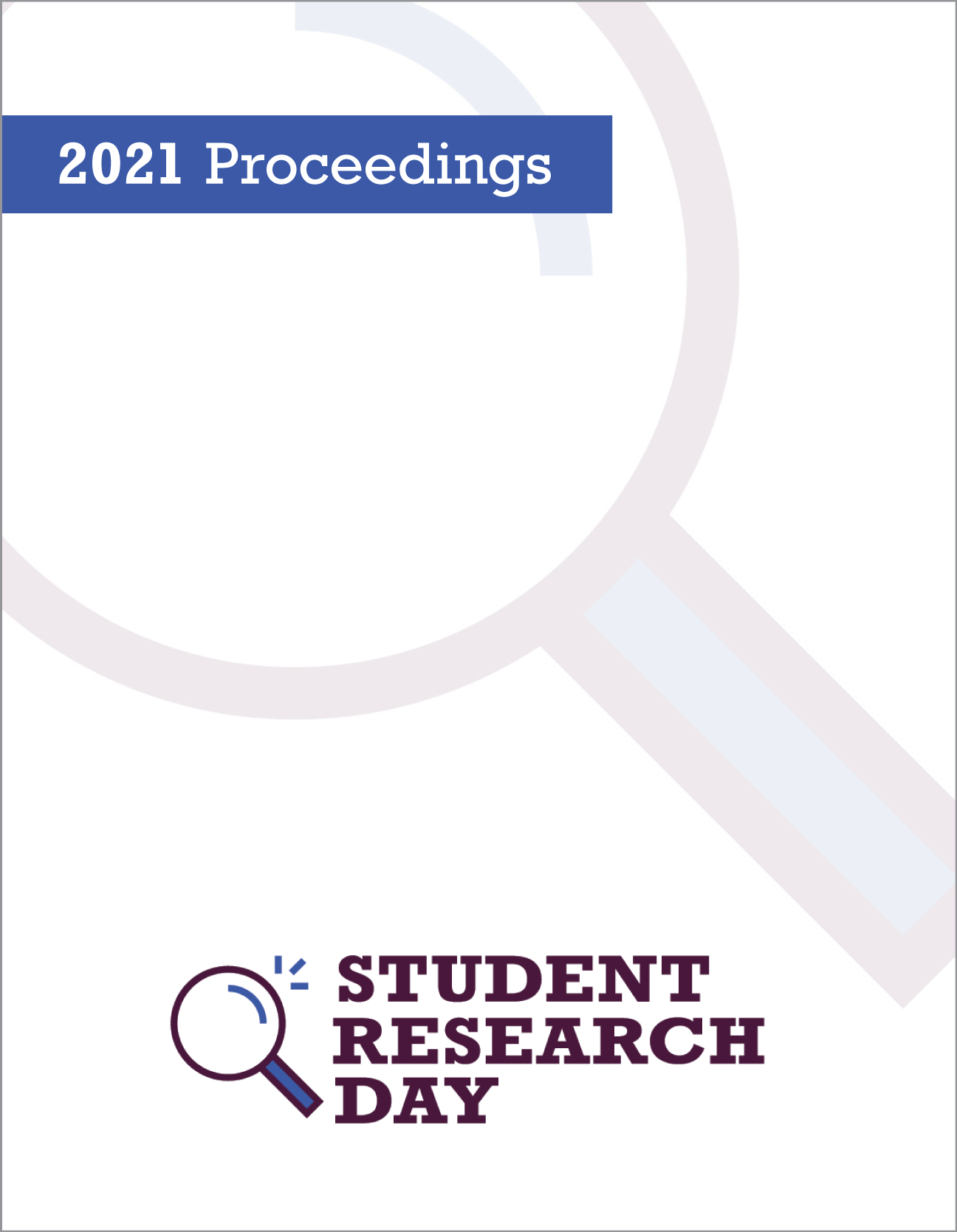Bottoms Up: Interpretations of Consent and Culpability with Alcohol Use in Sexual Assault Scenarios
Abstract
In legal and public domains, intoxication of sexual assault perpetrators and victims has been shown to impact the interpretation of culpability for one’s actions. In general, research has demonstrated that perpetrators of violent crimes, such as sexual assault, who have consumed alcohol is perceived as less responsible for their crime, while intoxicated victims of those crimes are perceived as more responsible for the incident. The present study was designed to further investigate the relationship between alcohol consumption, the sexual history of the persons involved, and sexual assault. Undergraduate participants were presented with a vignette depicting an ambiguous sexual assault scenario, a judgment questionnaire, and self-report measures. The vignettes differed according to alleged perpetrator intoxication (sober/mild/moderate/extreme), alleged victim intoxication (sober/mild/moderate/extreme), and the sexual history of the couple (no sexual history/sexual history). We assessed participants’ perceptions of perpetrator/victim consent and culpability, as well as their overall assessment of the scenario (i.e., how violent/severe) and general perceptions of alcohol use and sexual assault allegations. Overall, victims were perceived as more responsible as their intoxication increased, while extremely intoxicated perpetrators were viewed as less responsible for the assault. Unexpectedly, previous sexual history had no effect. Implications of these findings will be discussed.
Department: Psychology
Faculty Mentor: Dr. Kristine Peace
References
Published
Issue
Section
License
Authors retain any and all existing copyright to works contributed to these proceedings.



